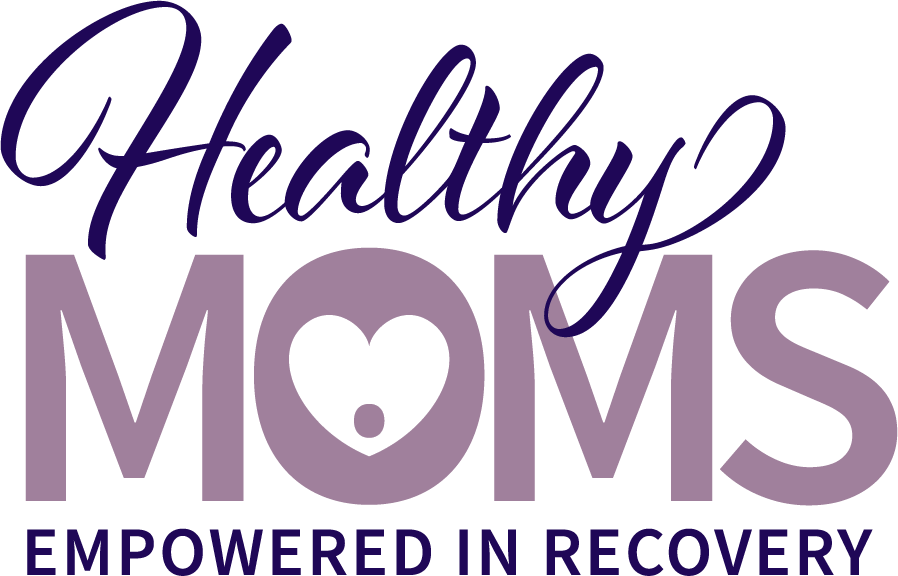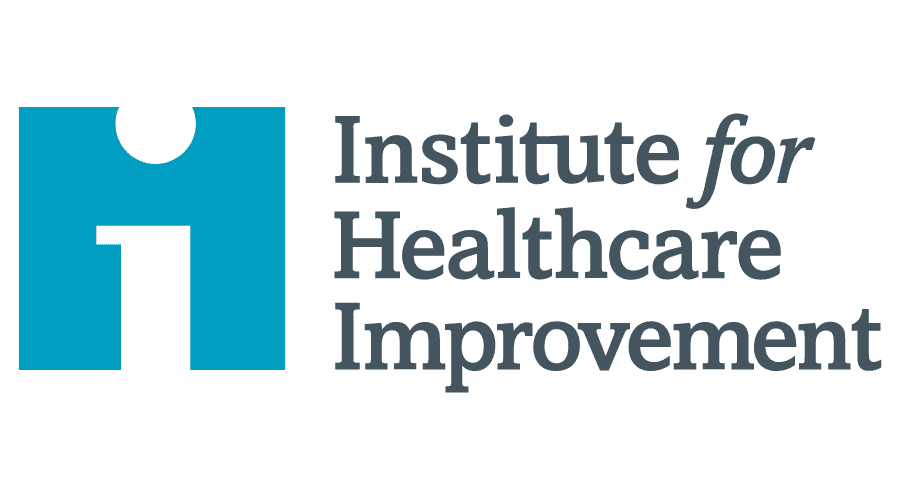Stress Awareness Month
April is National Stress Awareness Month:
Here’s how to take control of yours

Let’s face it – stress is a part of life. From personal responsibilities to global concerns, stressors are everywhere. And while a little stress can sometimes serve as motivation, chronic stress is a different story altogether. When left unmanaged, it can take a serious toll on both our mental and physical well-being.
April marks National Stress Awareness Month, an important reminder to recognized the impact of chronic stress and take proactive steps to combat it. Chronic stress can manifest in many ways – emotionally, mentally, and physically. Symptoms can range from numbness and sadness to trouble concentrating and making decisions. Over time, these issues may develop into more serious health concerns such as anxiety, depression, headaches, muscle tension, digestive problems, substance abuse, and even heart disease.
Joshua Braddell, DNP, CRNP, FNP-C, is a board-certified registered nurse practitioner at The Wright Center for Community Health. He is accepting patients of all ages. Go to TheWrightCenter.org or call 570-230-0019 to make an appointment.
The good news? Managing stress doesn’t require a complete lifestyle overhaul. In fact, small, everyday actions can make a significant difference. Here are a few tried-and-true strategies:
Eat to feel better: A balanced, whole-foods-based diet can improve your mood and energy levels. Reducing or eliminating stimulants like caffeine, alcohol, and nicotine can also calm your nervous system and reduce feelings of anxiety.
Move more: Physical activity – whether it’s a gym session, a brisk walk, or a weekend bike ride – can lower blood pressure, release feel-good endorphins, and leave you feeling recharged.
Prioritize sleep: Sleep and stress have a strong connection. Poor sleep can make you more vulnerable to stress, while stress can keep you up at night. Aim to create a relaxing bedtime routine and reduce screen time before bed.
Slow down and breathe: Daily relaxation techniques like meditation, deep breathing, or even just quiet moments of reflection can go a long way in calming the mind and body.
Organize your day: Too many obligations can be overwhelming. Try prioritizing your daily tasks and letting go of less important items. It’s OK to say no.
Make room for joy: Whether it’s picking up a favorite hobby, spending time with friends, or attending a local event, carving out time for things you enjoy is a powerful antidote to stress.
Speak up: Sometimes, the best relief comes from simply talking things out. Whether with a trusted friend, family member, or therapist, sharing what you’re going through can lighten the emotional load.
At The Wright Center, stress management is a key component of our behavioral health services for adults, children and adolescents. We have a terrific team of experts who can help you identify the causes of behavioral issues and provide solutions via comprehensive therapy services, psychological assessments, and psychiatric care. We also provide specialty services for children with severe mental illness as well as those who have experienced abuse or violence.
Managing chronic stress is also a core mission of our Lifestyle Medicine program, which focuses on sustainable, long-term health through evidence-based practices. Our clinicians work with patients to create personalized wellness plans that target the root causes of stress and other chronic conditions. This includes guidance on stress management, nutrition, physical activity, sleep, tobacco cessation, and strengthening social connections.
Chronic stress may be a part of modern life, but it doesn’t have to control yours. With the right strategies and support, you can improve your resilience, boost your well-being, and feel better – mentally, physically, and emotionally. Your future self will thank you.


































